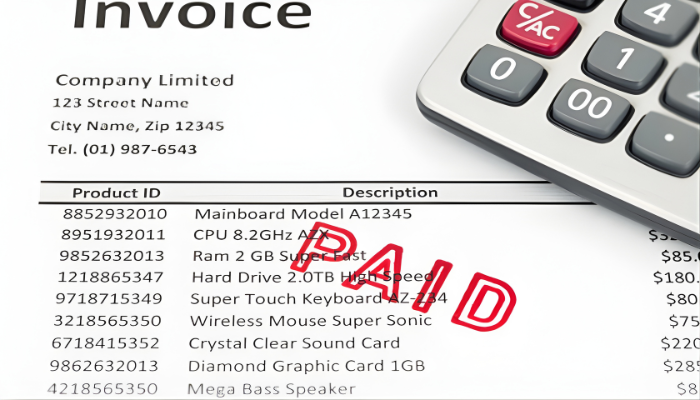
The federal government operates an agency that is meant to assist entrepreneurs and small business owners. This agency, the Small Business Administration (SBA), works with lenders to make it easier for small companies to get access to financing and working capital. While the SBA can be a great resource for business owners, it is important to find out exactly what the agency does and does not do to avoid falling for an unaffiliated scam or placing too much hope in the provisions of the SBA.
What is the Small Business Administration?
The SBA, which was founded in the early 1950's, exists to help small businesses grow in the United States. To that end, the agency offers loans, training, and contracting opportunities to entrepreneurs in an effort to help them grow their companies and contribute to the national economy. The SBA also provides helpful information about the basics of operating a small business, such as tips for creating business plans and information on when to hire employees, how to remit business taxes and ways to use business grants to fund small businesses.
What Does the SBA Do for Small Businesses?
Before an entrepreneur contacts the SBA for assistance, though, he or she needs to learn what the agency offers in the way of help. The SBA is not a lender, and it is not authorized to offer financial assistance such as loans or grants. Rather, the SBA works with established lending institutions and negotiates lower interest rates and programs to make it easier for small businesses to get approved for commercial loans. In some cases, the SBA directly assumes some of the liability, which reduces the amount of risk to the lender.
Types of SBA Financing Programs
• Debt financing: Small businesses can apply for SBA loans through traditional lenders. SBA loans typically carry a lower interest rate and less stringent qualifications. As a result, entrepreneurs are more likely to qualify for them. However, the agency generally does not approve an application if the business owner can get approved for loans from other sources.
• Surety bonding: The SBA also works along with sureties to help independent contractors gain access to funding for projects. For example, if a contractor receives a project order, the SBA will assume some of the risk so that the surety will be more inclined to offer bonding. If the contractor reneges on the order, the surety won't be responsible for the entire loss.
• Venture capitalism: The Small Business Administration also works along with venture capital funds to find small businesses that may provide reliable investment returns. Through its Small Business Investment Company, the agency pairs up venture capitalists with promising companies.
Getting assistance from the Small Business Administration may be a lifesaver for some small business owners. The types of government business financing available from the SBA can help a new company get off the ground successfully.















